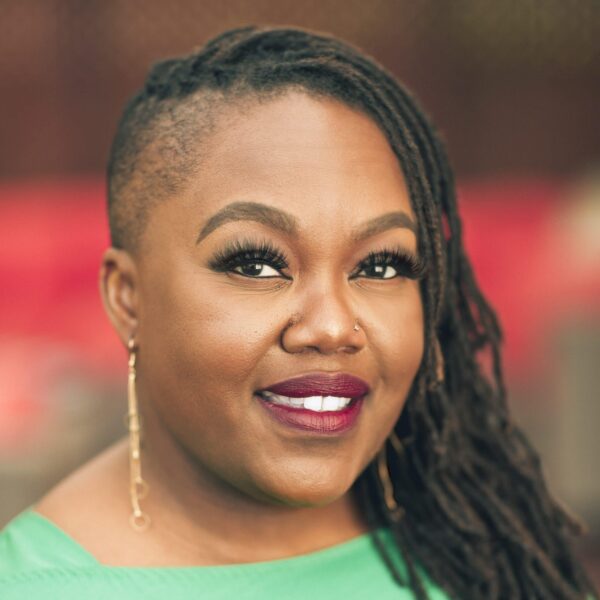A Michigan-based public health advocate has dedicated her life to providing access to safer maternal health for women of color. The mom and community stakeholder founded two organizations targeting Detroit’s most vulnerable birthing population— and leading the charge to change how people see midwifery.

Leseliey Welch is the co-founder of both Birth Detroit and Birth Center Equity with a mission to not only inform women about the options they have when having children but creating safe and cheaper alternatives to going to the hospitals and dealing with obstetricians who may not be sensitive to the cultural needs of a particular segment of expectant parents.
According to Forbes, to accomplish this goal, she enlisted the support of an impact investing fund in directing money into minority-owned birth centers like hers across the nation.
She said, “Birth centers and midwives see birth as a normal physiological life process that does not normally require medical intervention and surgery.”
Welch added, “research supports that 80% to 87% of us can safely give birth with midwives in a community setting. But in the U.S., we do the exact opposite, and that’s not an accident.”
Birth Detroit
In the fall of 2020, Welch opened Birth Detroit’s first community midwifery clinic where her team offers to parents much-needed prenatal care. A stand-out of her project is that the staff does not turn anyone away who needs the service. Another aspect of the clinic is that it provides care through pregnancy, birth and after a set of parents give birth.
Birth Detroit is currently engaged in active fundraising for and constructing its first birth center to open in 2023.
A birth center is an option for families, providing them with a health care facility for childbirth outside of a commercial hospital, where midwifery and wellness is the chief model.
BirthCenters.org explains “birth centers are an integrated part of the healthcare system and are guided by principles of prevention, sensitivity, safety, appropriate medical intervention and cost-effectiveness.”
Despite not being in a hospital, Birth Centers have written policies and procedures that reflect standard quality assurance, access to acute care obstetrical/newborn units, and work with certified and licensed professionals.
Birth Center Equity
In addition to Birth Detroit, Welch has founded Birth Center Equity, which “is a catalyst, accelerating innovative strategies to grow abundant community birth infrastructure for generations to come.”
The goal of BCE is to offer money and operational funding for birth centers across the United States that people of color run. Over the past two years since its launching, the initiative has awarded or committed about $1.1 million in resources, including funding that helped open birth centers in two states, Colorado and Washington.
Welch wants to do so much more, making a targeted goal to raise $100 million over 10 years.
“Sixty million dollars could open the 19 birth centers in development and put 11 more in a position where they don’t have to lose money to serve their communities,” Welch said.
Stopping Aftershocks
According to WXYZ, one of Welch’s motivations for the work she does was processing the startling statistics about African-American infant mortality.
“Infant mortality is 2 to 3 times the rate of white women, and that doesn’t account for having a bad experience,” Welch said.
This issue has been brought to the forefront of people’s minds by influencers like Serena Williams and also the critically acclaimed documentary “Aftershock,” on Hulu, produced by activist Shawnee Benton Gibson, whose daughter Shamony Gibson died weeks after giving birth because her commercial medical team ignored her complaints after delivery.
“There was a lot of impatience with Shamony,” Benton said. “She was fighting for her life… But they view that as her demonstrating symptoms or the after-effects of being on drugs.”
“If you’re forced to have a baby if you’re not listened to on that level and put in a dire situation, then dire outcomes ensue,” she says.
Welch’s goal is to ensure the chances of this ever happening to another Black or brown mother is slim.
“The greatest goal we hope to achieve is to ensure all families have access to all safe birth options. No matter race, religion, income, language — all these things,” Welch said.




